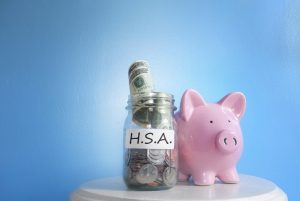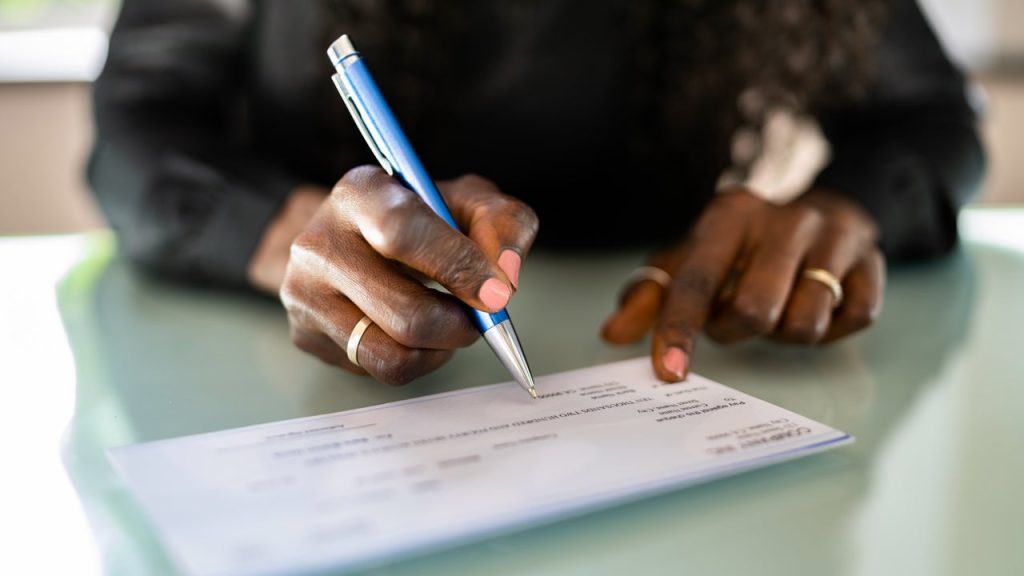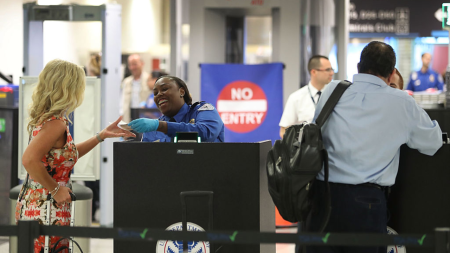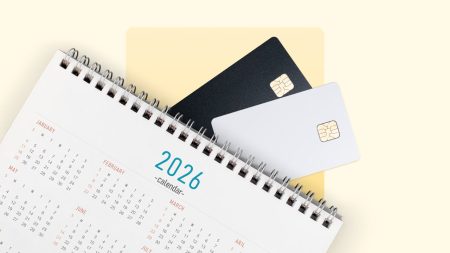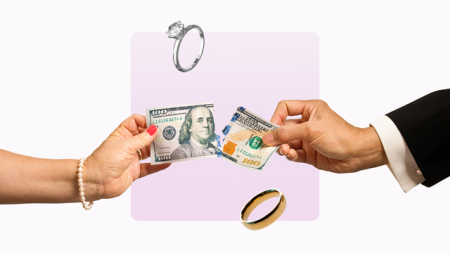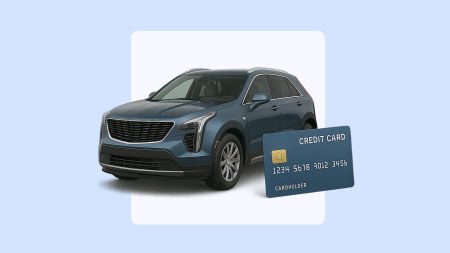You can cash a check without a bank account at the issuing bank, major retailers like Walmart, prepaid card providers, or check-cashing stores. However, expect to pay fees ranging from $1 to $50 depending on the method and check amount. According to an FDIC survey, 4.2% of U.S. households are unbanked, making these alternatives necessary but costly compared to having a checking account.
Key takeaways
- The issuing bank is often your best option — many banks cash checks for non-customers with proper ID.
- Walmart charges $4 to $8 to cash most checks, making it one of the more affordable retail options.
- Check-cashing stores can charge up to 10% of the check amount — avoid these unless absolutely necessary.
- Opening a checking account remains the cheapest long-term solution for regular check cashing needs.
Where can I cash a check without a bank account?
Finding yourself without a bank account but holding a check doesn’t leave you without options. While none of these alternatives are as convenient or affordable as having your own checking account, several legitimate places will cash checks for unbanked consumers.
The key is understanding the fees involved and choosing the most cost-effective option for your situation. Here are the six main ways to cash a check without a bank account.
1. Cash your check at the issuing bank
Your first stop should be the bank listed on the check. Look at the check to identify where the person or business who wrote it does their banking. Many banks will cash checks drawn on their own accounts, even for non-customers.
There must be enough money in the payer’s account to cover the check. The payee (the person the check is issued to) will be asked to show a government-issued photo ID, such as a driver’s license, before the bank will cash the check.
How much does it cost? It varies by bank, but don’t expect to get it for free. For example, Bank of America charges $8 for any check over $50. If you have to cash one check every month this year, that adds up to $96.
“I always recommend starting with the issuing bank when you need to cash a check without an account. They have the most incentive to help you since it’s their customer’s check, and their fees are usually more reasonable than check-cashing stores. Plus, you’ll know immediately if there are any issues with the check.”
— Hanna Horvath, CFP & Managing Editor at Bankrate
2. Cash your check at a major retailer
National retailers like Walmart, Kroger, and other grocery chains offer check-cashing services. These are widely available and often more affordable than dedicated check-cashing stores.
How much does it cost? Walmart charges $4 to cash checks up to $1,000 and a maximum fee of $8 for checks greater than $1,000. In some cases, Walmart cashes two-party personal checks, but these are limited to a maximum amount of $200 and come with a $6 fee. At Kroger, fees and limits vary by state.
Make sure to call ahead to confirm the retailer cashes the type of check you have and verify current fees.
3. Use a prepaid debit card with mobile check deposit
Many prepaid cards allow you to deposit checks using a mobile app, similar to how traditional bank accounts work. This can be convenient if you regularly receive checks without having a bank account.
Your spending is limited by how much money you have loaded onto the card. Additionally, if you register your prepaid card account, you may be able to qualify for some additional protections with the money such as insurance from the Federal Deposit Insurance Corporation.
Prepaid cards have different options for check cashing. Some prepaid cards let you set up direct deposit so that checks are automatically loaded onto the card. Other cards come with an app that lets you snap a picture of your check to load it onto your card. Or, you might be able to deposit your check at an ATM to load the money onto the card.
How much does it cost? While depositing your check may not come with a specific fee, make no mistake: Prepaid cards can be quite costly. There are monthly fees, ATM withdrawal fees, reload fees, inactivity fees and a range of other costs associated with them. For example, GreenDot (via Igno Money) charges a $5 fee for checks under $100, and 5 percent for checks over that amount and up to $5,000.
Related: Compare prepaid debit card options
4. Sign your check over to someone you trust
If you have a trusted friend or family member with a bank account, you can endorse the check over to them. This method costs nothing but requires careful planning and complete trust.
Make sure the person you are signing over your check to is willing to cash the check and that their bank will cash it. You should accompany your trusted friend to the bank in case the teller requires your ID or has questions about the check. Your friend will also need to have proper identification.
How much does it cost? Well, as long as your friend is a good friend, it should be free. However, keep in mind that you’re going to be carrying around a bunch of cash – which means that if you lose it, you’re out of luck.
5. Deposit the check via a mobile app
Several mobile apps allow you to deposit checks by taking a picture with your smartphone, providing a more convenient digital alternative to physical locations. Popular apps include PayPal and Cash App.
Cash App says it does not charge a fee to deposit checks into your account, but there is a limit to the number of deposits you can make in a given month. PayPal charges a 1 percent for government checks or a 5 percent fee for standard checks.
For more information, check out our guide to sending money on Cash App and our guide to PayPal.
6. Use a check-cashing store (last resort)
Check-cashing outlets are widely available but should be your last option due to high fees. These businesses specifically cater to unbanked consumers but charge premium prices for their services.
How much does it cost? There’s no simple answer for this, as maximum check-cashing fees can vary from state to state. Additionally, the pricing menu at check-cashing stores can feel quite confusing. There are different rates for government checks vs. tax refund checks vs. personal checks vs. payroll checks. For an idea of how much you can wind up paying, consider the pricing structure at Amscot: Personal checks have a 9.9 percent fee. So, if you wanted to cash a $500 check, you would wind up handing $49.50 over the store and walk out with $451.50 – not exactly a good deal.
Before using a cash-checking store, make sure you compare fees at multiple locations, ask about membership requirements and verify they accept your type of check.
Can I cash a check online without a bank account?
Several apps and online services allow check cashing without a traditional bank account, though most require you to already have their prepaid card or account.
Popular check-cashing apps:
- Ingo Money: Partners with various retailers and prepaid cards
- PayPal: Requires a PayPal account but no traditional bank account
- Venmo: Can cash government and payroll checks to your Venmo balance
Fees vary widely and can range from $5 for payroll checks to 5 percent for personal checks. Always check the fees before proceeding.
Where is the easiest place to cash a check?
FDIC-insured banks and NCUA-insured credit unions are typically the easiest, cheapest place to cash a check. Although this requires opening a checking account or savings account, you will then be able to deposit any checks for no cost. And many banks and credit unions offer convenience, including direct deposit and mobile deposit right from your smartphone.
Related: Find the best free checking accounts near you
If you haven’t been able to qualify for a standard checking account, some banks offer second-chance checking accounts. These accounts offer customers the opportunity to manage a checking account so that eventually they can qualify for and enjoy the benefits of standard bank accounts.
In addition to convenience, depositing your check into a checking or savings account allows for greater protection and the ability to earn interest on your funds.
Bottom line
All of these check-cashing alternatives carry more risks and more costs than cashing or depositing your check at your own bank. They’re also pretty inconvenient, especially compared to direct deposit. Having a checking account at a bank or credit union is still the safest, most convenient and least expensive way to cash checks.
Related reading:
Why we ask for feedback
Your feedback helps us improve our content and services. It takes less than a minute to
complete.
Your responses are anonymous and will only be used for improving our website.
Help us improve our content
Read the full article here


